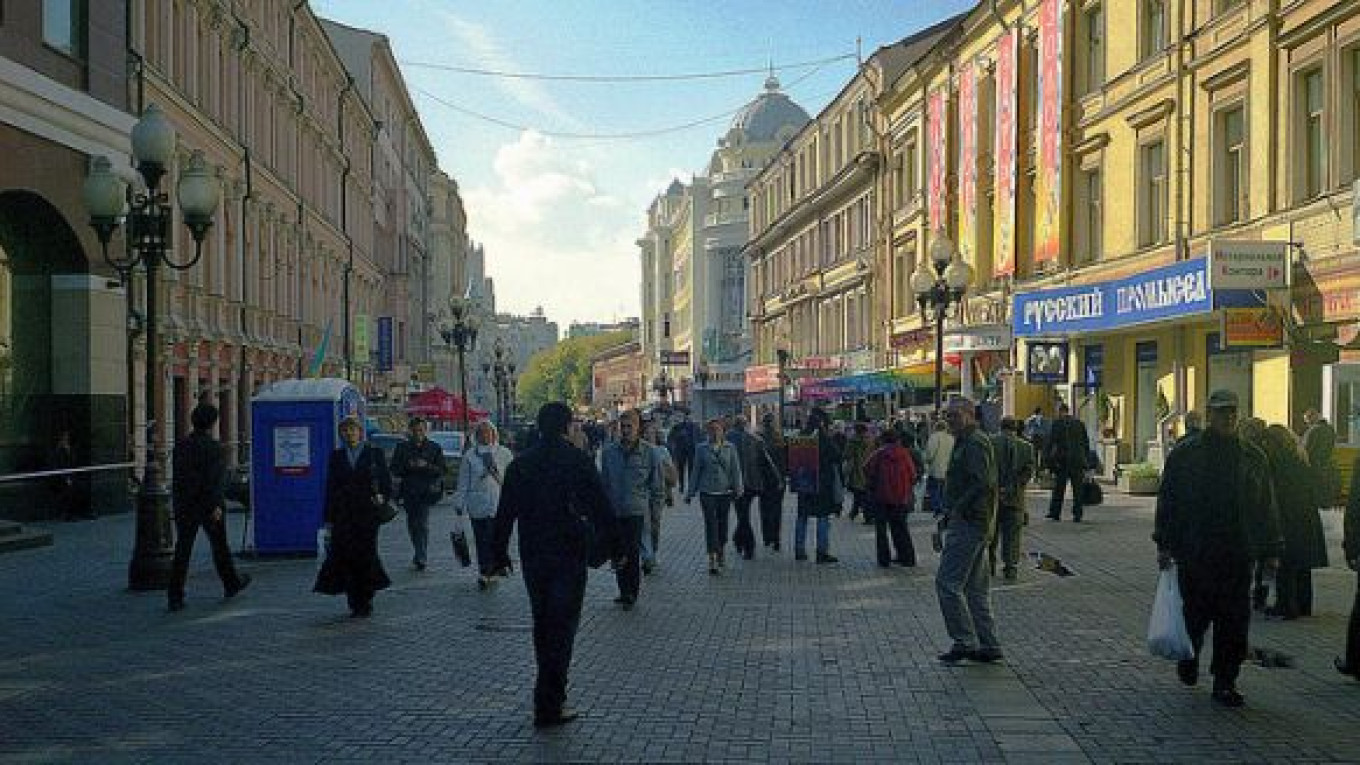The economy is now forecast to have grown in 2013 at less than half the pace expected at start of the year and will perform only slightly better in 2014, weighed down by weak investment and tapering consumer demand.
A Reuters poll of 15 economists said that gross domestic product had risen just 1.4 percent this year, when last December they had predicted an expansion of 3.2 percent.
Economists are also more pessimistic about the economy's wellbeing next year than the government, envisaging growth of 2.0 percent, against the Economic Development Ministry's forecast of 2.5 percent.
Investment by firms disappointed and international money has been flowing out of the country, in part due to companies' concerns about political freedoms and the likely consistency of the legal backdrop in years ahead.
Economists now say there has been no growth in investment in tangible assets, such as buildings and plants, this year. A year ago, they had expected such expenditures would grow by 6.0 percent in 2013. For next year, they now expect a small rebound to 2.0 percent growth.
The pickup will come mainly from the expected spending from one of the country's oil windfall revenue funds on infrastructure.
"However, their positive impact in 2014 should not be overestimated, as most likely it will not appear before the second half of the year," Maria Pomelnikova, an economist at Raiffeisenbank, said.
Inflation remains above target and will continue to be a headache at the beginning of next year, making it unlikely that the Central Bank will cut its key lending rate to help spur the economy before the second quarter.
Economists expect consumer price inflation to come in at 6.4 percent this year and ease to 5.2 percent next year. The Central Bank's initial forecast saw inflation at below 6 percent this year, but an unexpected rise in food prices has spiked the rate above the target.
As a result, the polled economists, who only a month ago expected a cut in interest rates already in the first quarter of 2014, now see it happening only in the second quarter.
The government's budget strategy envisages an average price for the country's main export of $104 per barrel next year.
Olga Lapshina, an economist with Bank St. Petersburg, said expectations of higher crude production in the U.S. and production plans from Iran and Syria may threaten that price.
"This can result in the average oil price falling to $98 to $100 per barrel," she said.
"As a result [of weak European growth, oil risks], the country's economic growth will be very moderate."
Analysts also expect a weakening of the ruble, which now trades near four-year lows. At the end of 2014, they see the ruble at 34.20 against the dollar.
A Message from The Moscow Times:
Dear readers,
We are facing unprecedented challenges. Russia's Prosecutor General's Office has designated The Moscow Times as an "undesirable" organization, criminalizing our work and putting our staff at risk of prosecution. This follows our earlier unjust labeling as a "foreign agent."
These actions are direct attempts to silence independent journalism in Russia. The authorities claim our work "discredits the decisions of the Russian leadership." We see things differently: we strive to provide accurate, unbiased reporting on Russia.
We, the journalists of The Moscow Times, refuse to be silenced. But to continue our work, we need your help.
Your support, no matter how small, makes a world of difference. If you can, please support us monthly starting from just $2. It's quick to set up, and every contribution makes a significant impact.
By supporting The Moscow Times, you're defending open, independent journalism in the face of repression. Thank you for standing with us.
Remind me later.


